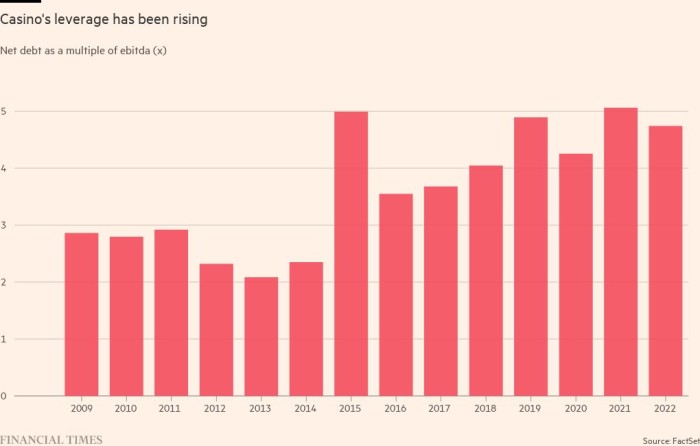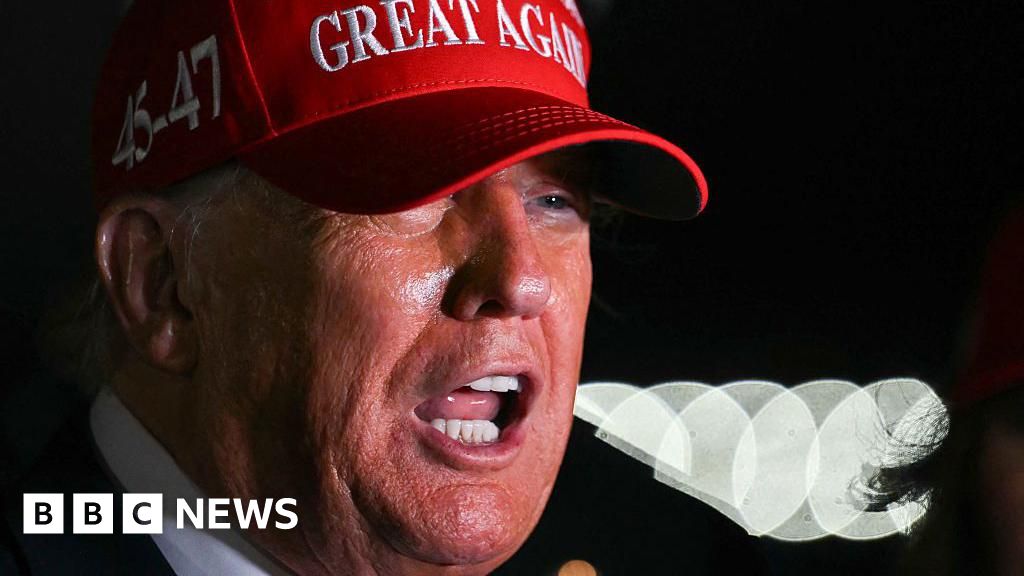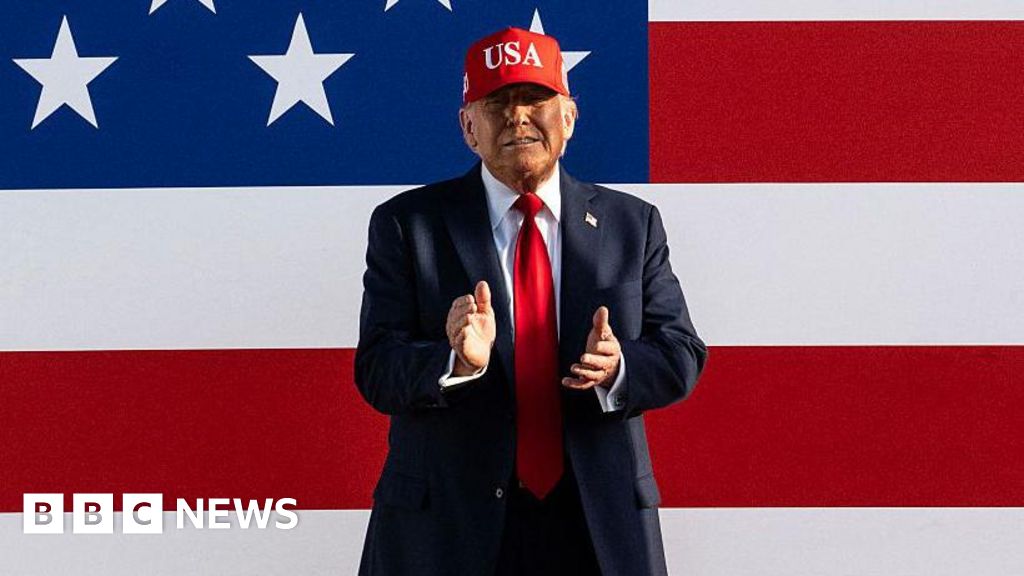Czech billionaire Daniel Křetínský has edged out rivals with a proposal to bail out heavily indebted French food retailer Casino, but his predicted triumph may prove to be a Pyrrhic victory.
France’s sixth-largest food retailer is in sorry shape after suffering years of under-investment to pay down heavy debts, with the situation worsening as it races to negotiate a bailout with creditors.
In a profit warning issued last week, Casino said it would suffer a first-half operating loss of about €175mn, while annual operating profit would be almost a quarter lower than what it had predicted only two weeks ago. The group’s shares have fallen more than 75 per cent over the past year.
The plan by Křetínský, an energy magnate and avowed Francophile, involves a recapitalisation and debt restructuring to alleviate the immediate pressure on the company, which has debt of €6.4bn. The proposal will provide some breathing space but does not necessarily guarantee that underlying operational issues can be fixed, warn analysts.
Some question whether Křetínský’s plan to lead a €1.2bn equity injection will be enough. Casino has lost almost 3 percentage points of market share to rivals in the past five years, according to Kantar data, and the owner of the Franprix and Monoprix chains has been burning through cash as it deteriorates.
“The new cash injection looks too limited to fully relaunch Casino [in] France,” said Clément Genelot, analyst at Bryan Garnier, who thinks the company may cost as much as €3bn to fix. “I worry another capital injection or, potentially, more material asset disposals will be necessary in the next year or so.”
The challenges that Křetínský and his partners — Marc Ladreit de Lacharrière’s Fimalac and hedge fund Attestor — will face in turning around the group are substantial, partly because of Casino’s strained finances but also because of France’s highly competitive food retail sector.
“Food retail in France is less concentrated than places like the UK and Spain where there are fewer players. That means competition is high,” said Frédéric Valette, a retail expert at Kantar.
Two of the more successful groups, market leader Leclerc and number-three player Intermarché, benefit not only from being unlisted and thus shielded from shareholder pressure but also by operating an alternative business model under which stores are run by independent entrepreneurs, not salaried workers. Number-two player Carrefour has been aping the approach to try to stay competitive. The arrival of discounters Aldi and Lidl to the market about a decade ago has also further put pressure on prices.
“There’s been a price war in France for the past decade at least,” said Genelot, who added that those who did not or could not invest in cutting prices such as Casino were especially vulnerable to losing customers as inflation rose. “Most food retailers are not listed and so have been more open to reinvesting in prices,” he said.

Casino’s woes have been accentuated by the Covid-19 pandemic and the war in Ukraine, with inflationary pressure hurting bottom lines as consumers buy less and become more price-conscious.
“All of this in the space of two or three years, with Covid and the inflation effect on raw materials and operating costs, has accentuated and accelerated the difficulties of some players,” said Nicolas Champ, analyst at Barclays.
A long-expected consolidation wave is now getting under way. Carrefour announced last week it was buying 175 stores under the Cora and Match brands from Belgium-based Louis Delhaize Group for about €1bn, its biggest acquisition in France for decades.
“There is a movement towards consolidation in France, and we’re taking the initiative . . . we’re on the offensive,” chief financial officer Matthieu Malige told the Financial Times.
As Casino’s woes deepen, rival food retailers have also turned predator, seeking to pick off chunks of its French operations. Intermarché in May inked a deal with Jean-Charles Naouri, Casino’s current controlling shareholder, to buy about 120 stores and last week Lidl made an offer to some creditors to take over about 300 Monoprix stores.

Casino was built on debt-fuelled acquisitions involving layering leverage on several holding structures through which Naouri controls the retailer. The idea was that revenues from the retail business would pay down debt at the parent companies, but the debt load became unworkable leading to a court-protected restructuring in 2019.
However, that move left Casino with little money to invest in its stores and staffing while simultaneously forcing it to keep prices high in comparison with competitors.
Rebuilding Casino’s price competitiveness will take time, according to Genelot, as customers often take a year or more to become aware of changes in pricing policy and modify their shopping habits.
Casino has attempted to shore up its finances in recent years by selling assets including its business abroad, notably in Brazil. However, most of those disposals are done.

Křetínský has said he plans to reposition the group around its strengths in urban small-format convenience stores in cities such as Paris as well as through Franprix and Monoprix. New executives will be appointed led by Philippe Palazzi, the former chief operating officer at German retailer Metro where Křetínský is also a shareholder.
“We will never present an offer that does not allow the company to deal with its problems . . . with us, we go through this process once and then we deal with the problem. But you really have to accept the financial reality of the day,” Křetínský told the FT in an interview.
Naouri and a court-appointed mediator are examining Křetínský’s offer and are expected to decide whether to move forward with it by the end of the month. It will still need approval from some creditors, so it is likely to take several months to finalise the restructuring that will lead to Naouri losing control of his company and shareholders being almost wiped out.
There is some industry optimism about the value of Casino’s stores. “Outside of its financial problems, Casino is a great group that has a good portfolio of brands and brands like Franprix, Monoprix . . . that are highly profitable,” said Valette at Kantar. “I think those will last . . . [and] I think there will be a good level of energy and investment.”
Its hypermarket and supermarket formats have suffered more, and Křetínský has hinted some may have to be sold if they cannot be fixed. Following the May deal with Intermarché, Genelot anticipates more sales will follow.
“They will have to do another capital raise . . . or they will have to sell assets in France. Monoprix is the only one that is feasible at this time . . . if they do, there will be huge interest,” said Genelot. “In the next few years, Křetínský will have to decide how to proceed.”
Credit: Source link










![[LIVE] Crypto News Today: Latest Updates for July 7, 2025 – “Fiat Is Hopeless”: Elon Musk Says ‘America Party’ Will Embrace Bitcoin [LIVE] Crypto News Today: Latest Updates for July 7, 2025 – “Fiat Is Hopeless”: Elon Musk Says ‘America Party’ Will Embrace Bitcoin](https://cimg.co/wp-content/uploads/2025/07/07040208/1751860928-daily-news7.jpg)
